Water leaks can occur anywhere in your home and can be caused by a variety of issues. While some water leaks are relatively small and easily fixed, others can cause significant damage to your home if left unchecked. That’s why it’s important to be aware of the most common places water leaks occur, as well as the signs to look for that indicate you may have a water leak.
One of the most common places water leaks occur is in the bathroom. Bathroom water leaks can be caused by everything from a loose toilet flange to a cracked tile. If you notice any water on the floor around your toilet, take action immediately to fix the problem. Otherwise, you could end up with serious water damage to your bathroom floors and walls.
Another common place water leaks occur is under kitchen sinks. Kitchen water leaks are often caused by faulty plumbing, such as a loose pipe connection or a crack in the supply line. If you notice water pooling under your kitchen sink, it’s important to shut off the water and call a plumber immediately.
Other Places Prone to Water Leaks
- Roof: Leaks can occur on the roof due to damaged shingles or flashing. They can also happen around chimneys or skylights. In colder climates, ice dams can form at the edge of a roof and prevent melting snow (water) from draining off the roof. The water that backs up behind the dam can leak into a home and cause damage to walls, ceilings, insulation, and other areas.
- Plumbing: Leaks in plumbing fixtures, pipes, or fittings are often caused by wear and tear, corrosion, or freezing temperatures.
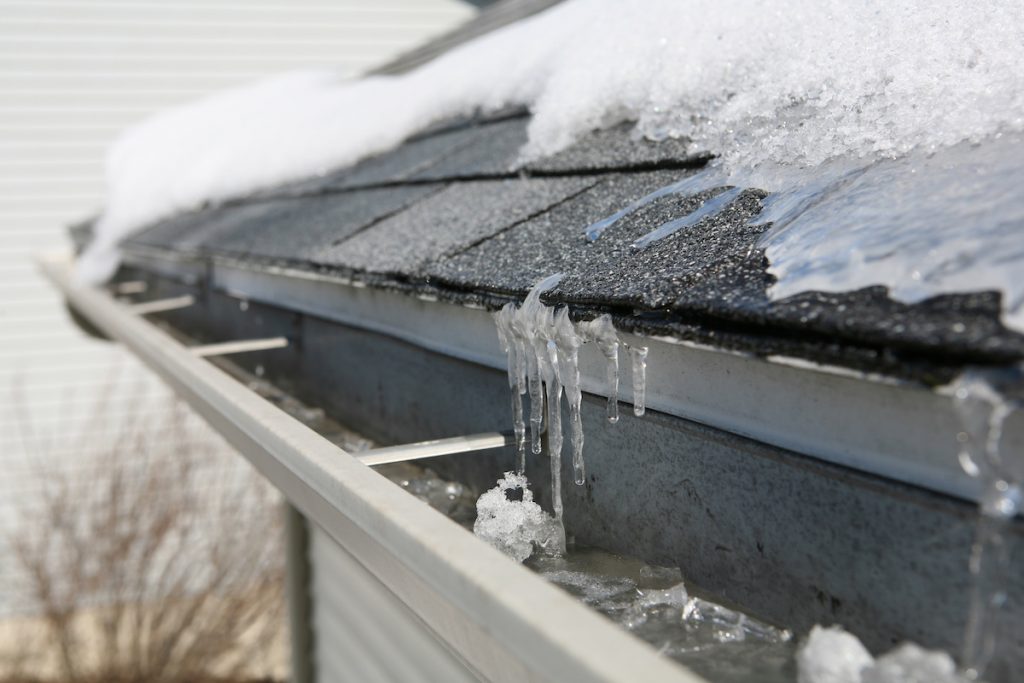
- Windows and doors: Leaks around windows and doors are usually due to poor sealing or weatherstripping.
Causes of Water Leaks
Water leaks can be a serious problem in any home. They can cause extensive damage to your property and can even affect human health. There are many different causes of water leaks, so it’s important to be aware of the potential risks.
The most common cause is cracked pipes, which can become impaired due to a number of reasons, including:
- Age: Older pipes are more likely to become cracked or damaged.
- Temperature changes: All pipes can expand and contract in response to temperature changes, which can cause them to crack over time.
- Poor installation: If pipes are not installed properly, they may be more likely to crack or leak.
- Corrosion: Pipe corrosion can also lead to cracks and water leaks.
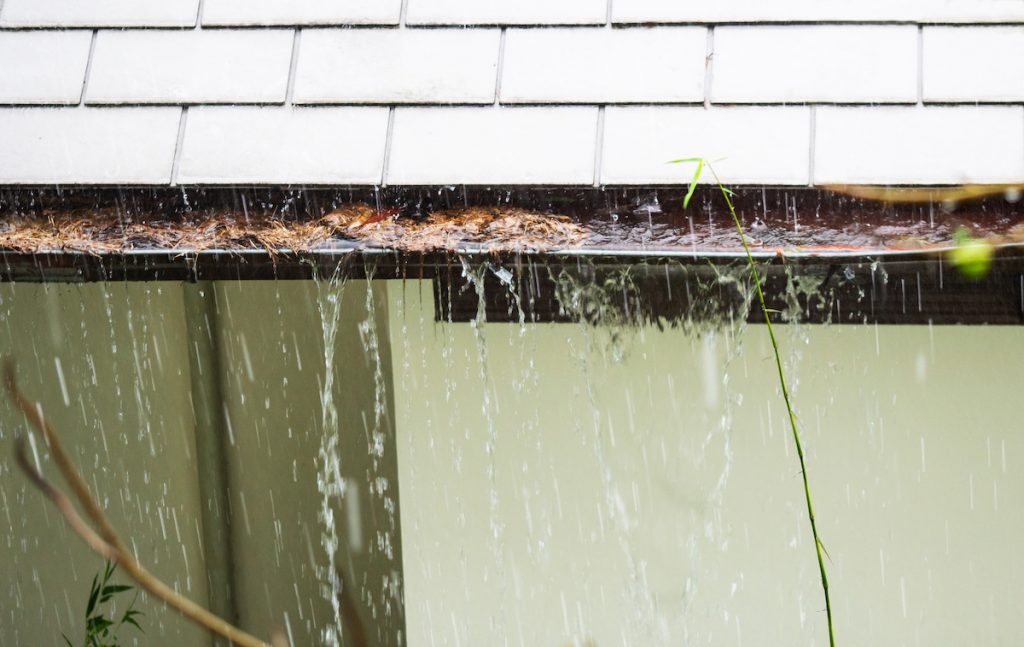
Other water leak causes include:
- Leaks in roofing or gutters: If there are any cracks or gaps in these areas, water can easily get inside and cause damage. A regular check should be scheduled for any potential problems, and repairing them as soon as possible is key. Another common issue is clogged gutters. If gutters are full of debris, water can’t flow properly and may end up spilling over the edge, which can cause water damage to the fascia and soffit, as well as leaks inside the house. Be sure to keep gutters clean and clear to avoid such problems.
- Condensation from refrigerators or air conditioners: There are several reasons why water might build up and leak from your refrigerator or air conditioner. In most cases, it’s due to condensation. Refrigerators work by removing heat from the air inside the fridge, causing water vapor to condense on the cooling coils. If the coils are dirty, this water can drip down and collect in the bottom of the fridge. Air conditioners work in similarly by removing heat from the air inside your home. This process causes water vapor to condense on the cooling coils. If the coils are dirty, the water can drip down and collect in the bottom of the unit.
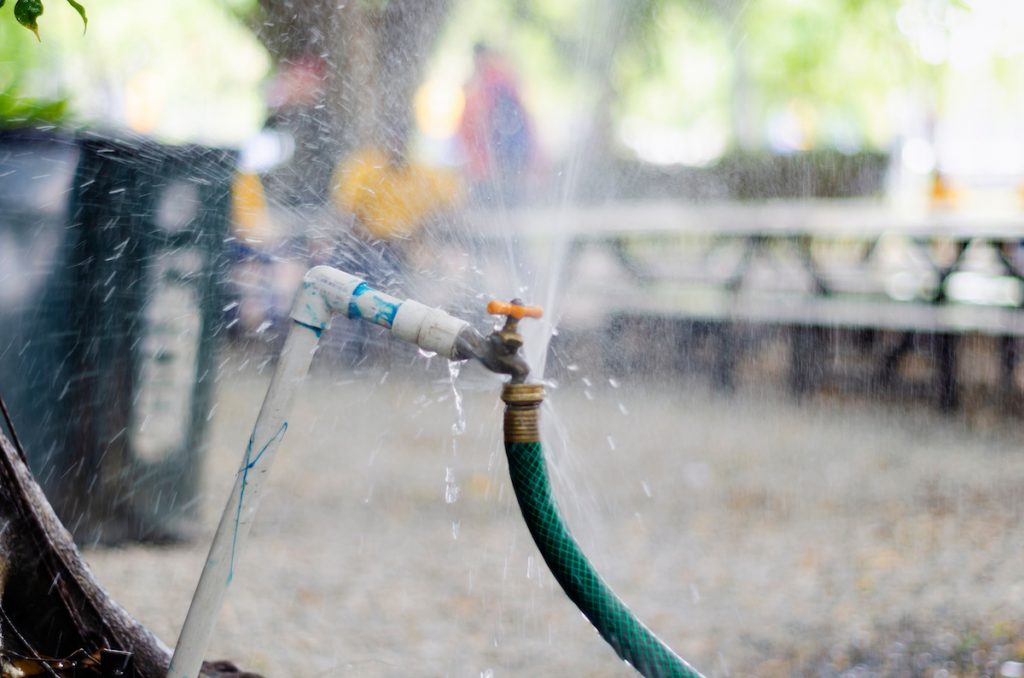
- Overwatering plants: When plants are too saturated, the excess water can seep into the soil and cause the roots to rot, pushing water into your home through cracks in the foundation or walls. Check the irrigation systems if you suspect that your outdoor plant is overwatered. Water your plants only when the soil is dry to the touch.
- High water pressure: This can cause pipes to burst or leak, resulting in water damage to your home. If you suspect that your water pressure is too high, have a professional inspect it. They will be able to adjust the pressure to a safe level and prevent any further damage from occurring.
- Negligent repairs: If a water pipe is not properly repaired, it can lead to a water leak and create trigger leaks. For example, you can replace a water pipe, but forget to tighten it properly. This can be a major problem, as it can cause extensive damage to your home.
- Faulty plumbing: If your plumbing is not up to code, it can lead to water leaks. This is especially true if you have old pipes that are not properly sealed.
Easy Ways to Find Hidden Water Leaks in Your Home
If you know the signs, you can easily be aware of hidden water leaks in your home. Here are some quick ways to find other leaks.
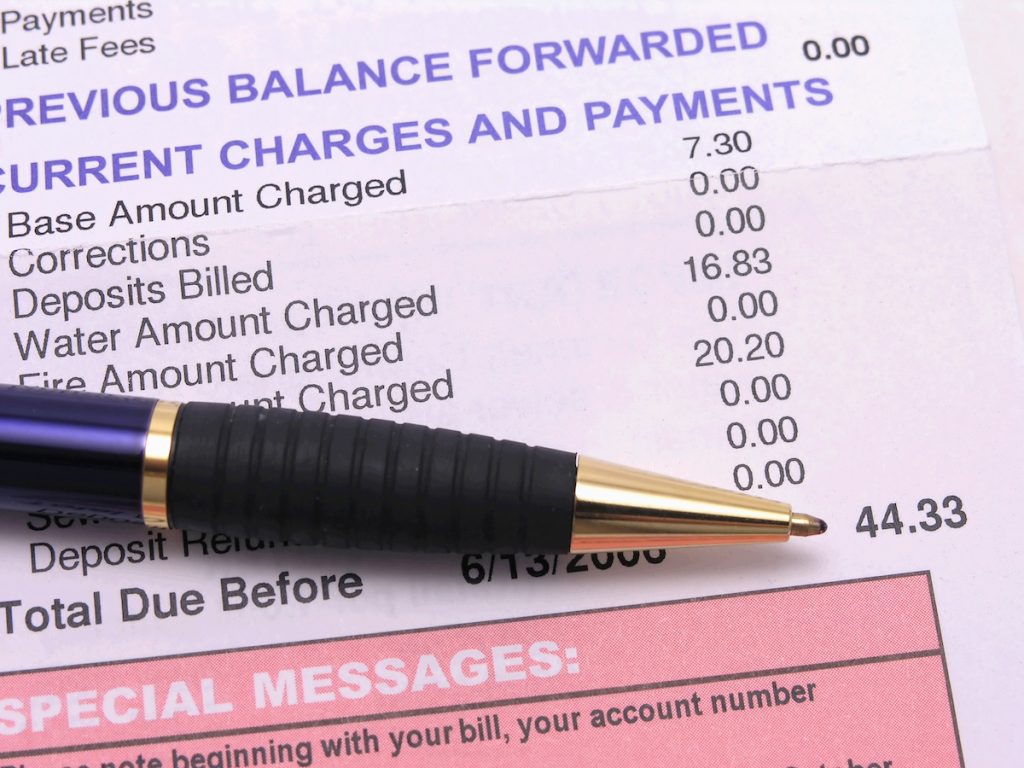
Water Bill
If you see a sudden increase in your water bill, it may be a hint that you have a water leak. Pay close attention to your water usage and if you notice any unusual spikes, check for leaks. Even a small leak can waste a lot of water and raise your bill significantly.
Of course, there could be other reasons for a high water bill, so it’s always best to check with your water company first. But if they can’t find an explanation, it’s time to start checking for leaks.
Water Meter Test
If you’re worried about a hidden water leak, one of the best places to look at first is your water meter. Most water meters have a small leak indicator that can help you identify even very small leaks. To check the water meter for leaks:
1. Locate your water meter. If you don’t know where it is, you can usually find it near the water main for your home.
2. Check the leak indicator on your water meter. If it’s moving, even very slightly, you may have a water leak.
3. Note the reading on your water meter. Wait an hour or so, and then check the reading again. If the reading has changed, you may have a plumbing leak.
Check Your Water Usage
One of the best things you can do is track your household water usage. According to the U.S. Geological Survey (USGS), on average, each person uses about 80-100 gallons of water per day for indoor domestic use. If your home has more water usage than expected, you may need to check the plumbing system for water leaks.
Use this USGS online form to get an estimate of your own home water usage.
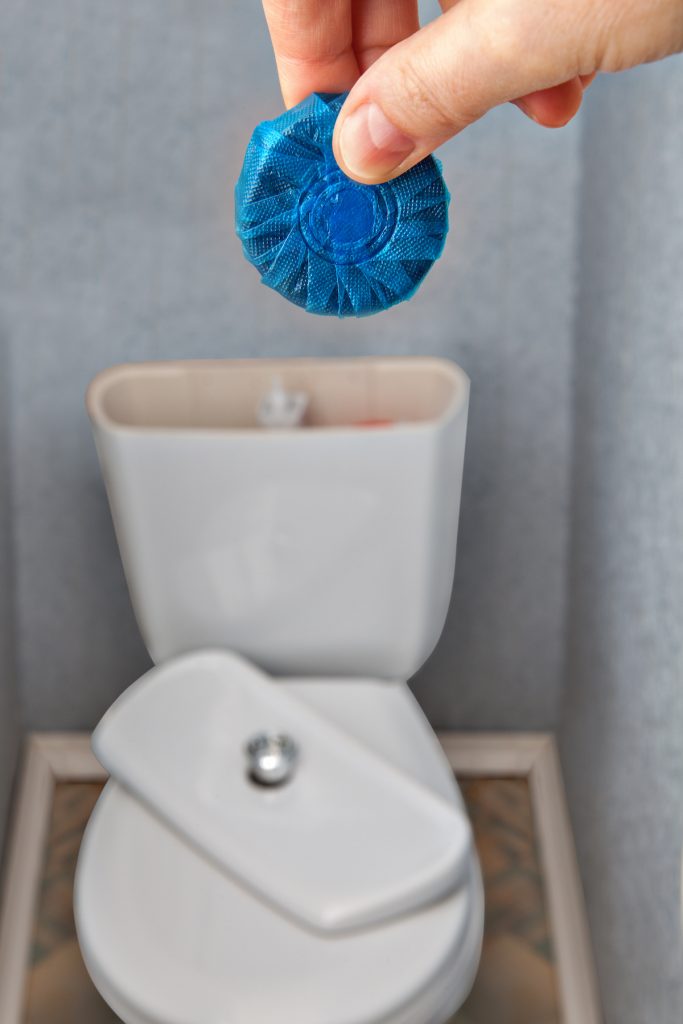
Try the Bathroom Tint Test
A majority of household water is used to flush toilets, followed by showers and baths. One easy way to detect a toilet leak is to use toilet dye tablets. Simply drop one of these into your toilet tank and wait for it to dissolve. If the water in the bowl turns the same color as the tablet, a leak is present. You can then call a professional plumber and have the leak fixed.
There are a few things you can do to prevent water leaks, such as regularly checking your roof and gutters for damage. If you do find a water leak, repairing it as soon as possible is essential. Depending on the severity of the leak, you may be able to fix it yourself, or you may need to hire a professional, such as PuroClean. In either case, be sure to take action right away to avoid further damage to your home.
Call PuroClean Today for Help With Water Damage Restoration
Water damage can happen at any time due to a number of reasons. It’s vital to reach out to a professional to mitigate the damage and begin the restoration process as soon as possible. To learn more about the available water damage services, visit our website or contact PuroClean Emergency Services of Dayton, Ohio at 937-401-9700 or Cincinnati, Ohio at 513-897-8990. Our technicians are trained with the most modern restoration techniques and equipment and are standing by 24/7 to help when you need it most.
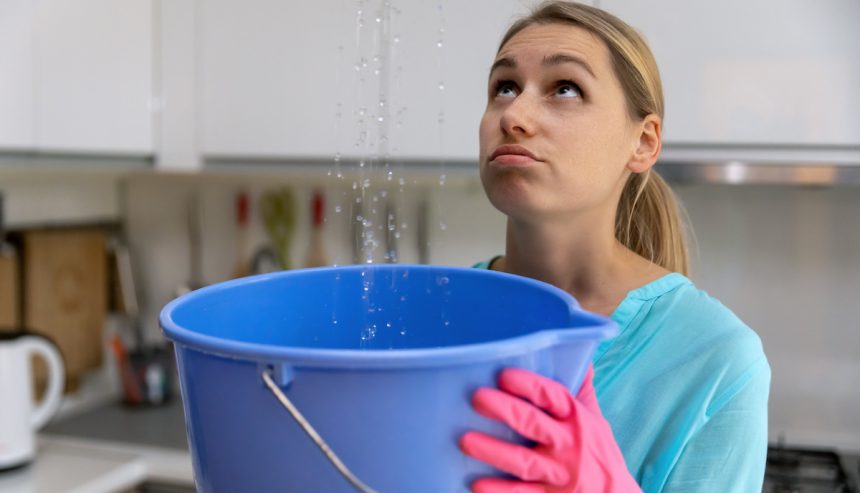



 PuroClean Emergency Services
PuroClean Emergency Services